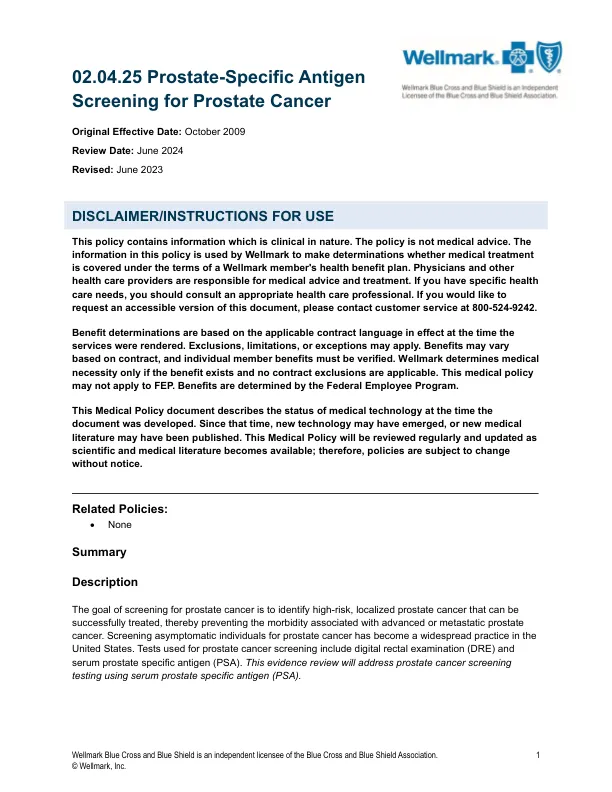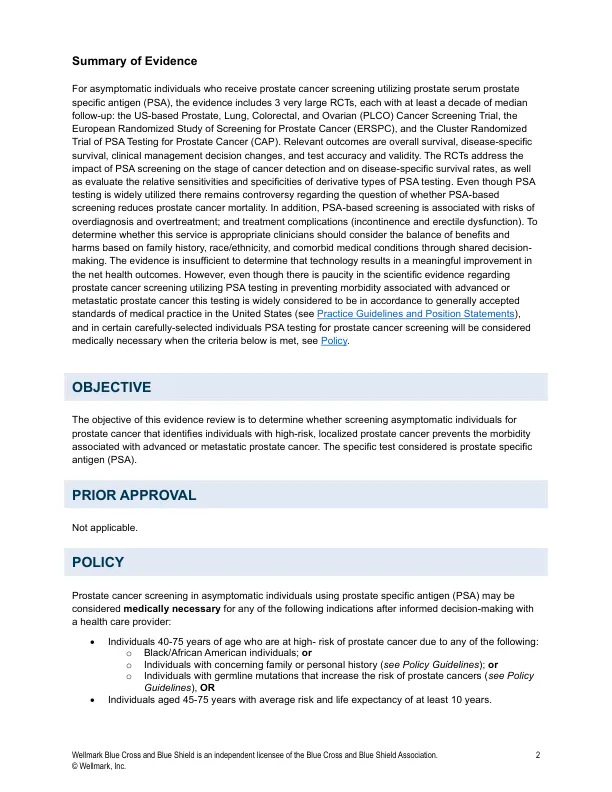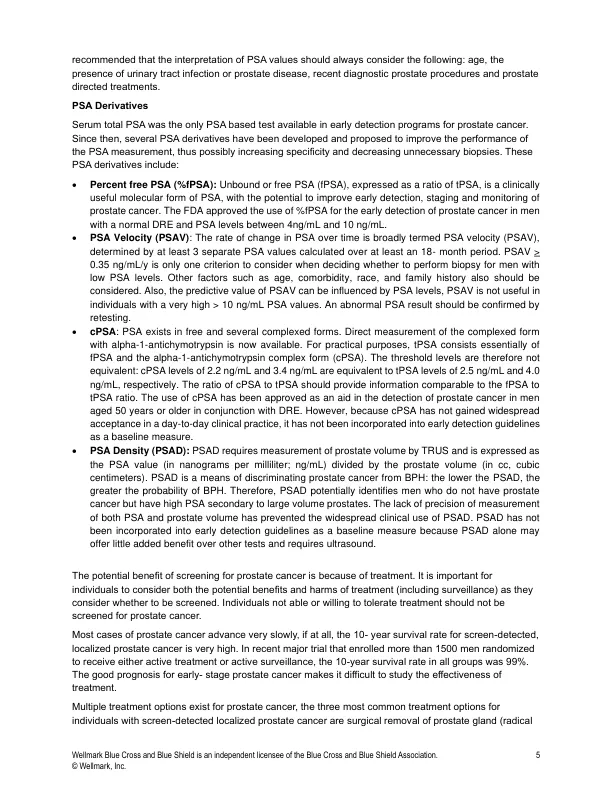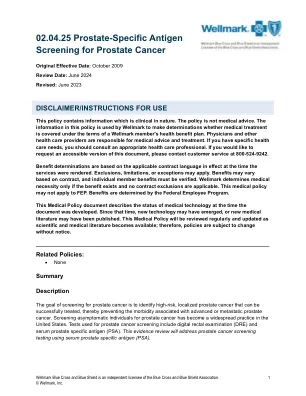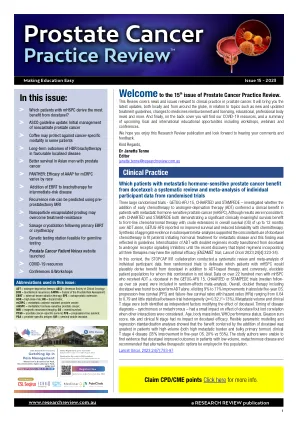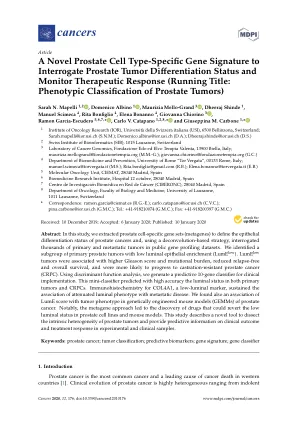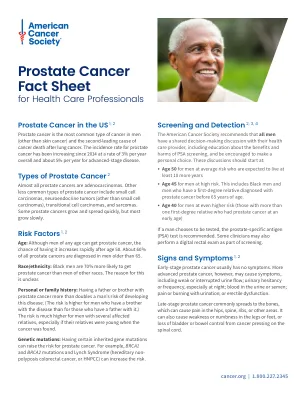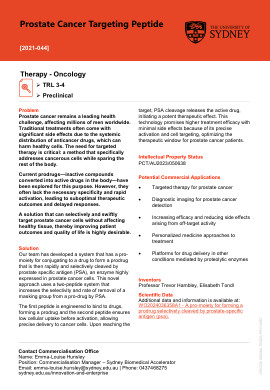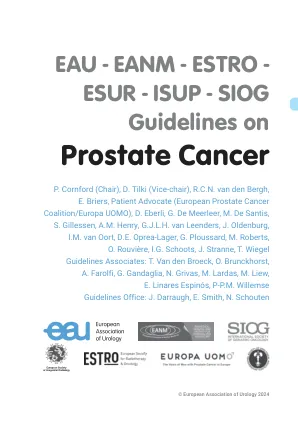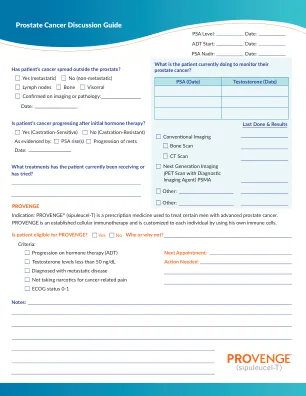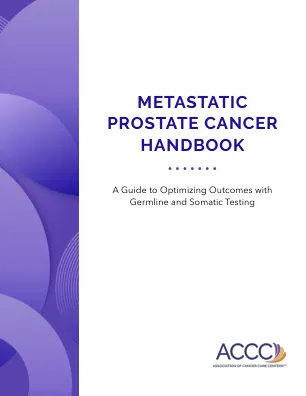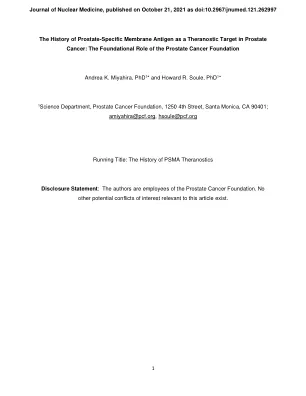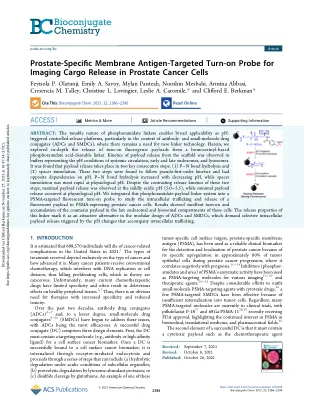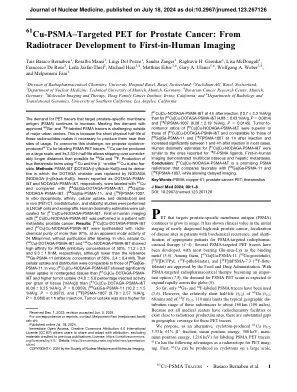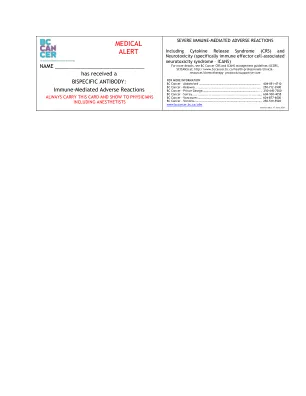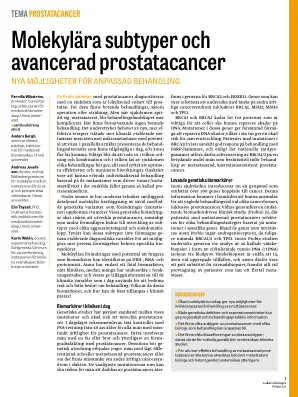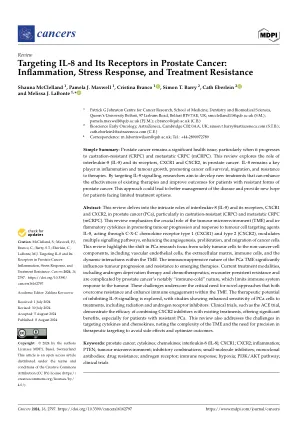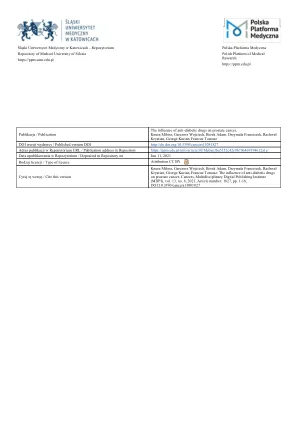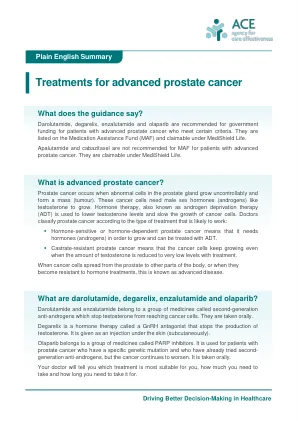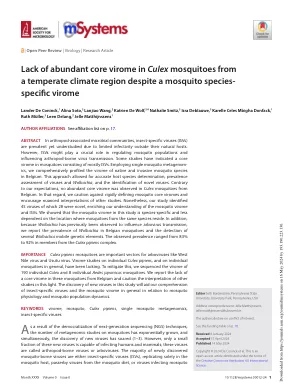Summary of Evidence For asymptomatic individuals who receive prostate cancer screening utilizing prostate serum prostate specific antigen (PSA), the evidence includes 3 very large RCTs, each with at least a decade of median follow-up: the US-based Prostate, Lung, Colorectal, and Ovarian (PLCO) Cancer Screening Trial, the European Randomized Study of Screening for Prostate Cancer (ERSPC), and the Cluster Randomized Trial PSA测试前列腺癌(CAP)。相关结果是总体生存,特定疾病的生存,临床管理决策变化以及测试准确性和有效性。RCT解决了PSA筛查对癌症检测阶段和疾病特异性生存率的影响,并评估了PSA测试的衍生物类型的相对敏感性和特异性。即使PSA测试被广泛使用,关于基于PSA的筛查是否降低了前列腺癌死亡率的问题仍然存在争议。此外,基于PSA的筛查与过度诊断和过度治疗的风险有关。和治疗并发症(尿失禁和勃起功能障碍)。确定该服务是否适合临床医生,应通过共同决策来考虑基于家族史,种族/民族和合并医疗状况的利益和危害的平衡。证据不足以确定技术可以改善净健康结果。However, even though there is paucity in the scientific evidence regarding prostate cancer screening utilizing PSA testing in preventing morbidity associated with advanced or metastatic prostate cancer this testing is widely considered to be in accordance to generally accepted standards of medical practice in the United States (see Practice Guidelines and Position Statements ), and in certain carefully-selected individuals PSA testing for prostate cancer screening will be considered medically necessary when the criteria below is遇见,请参阅政策。
前列腺特异性抗原筛查前列腺癌
主要关键词
